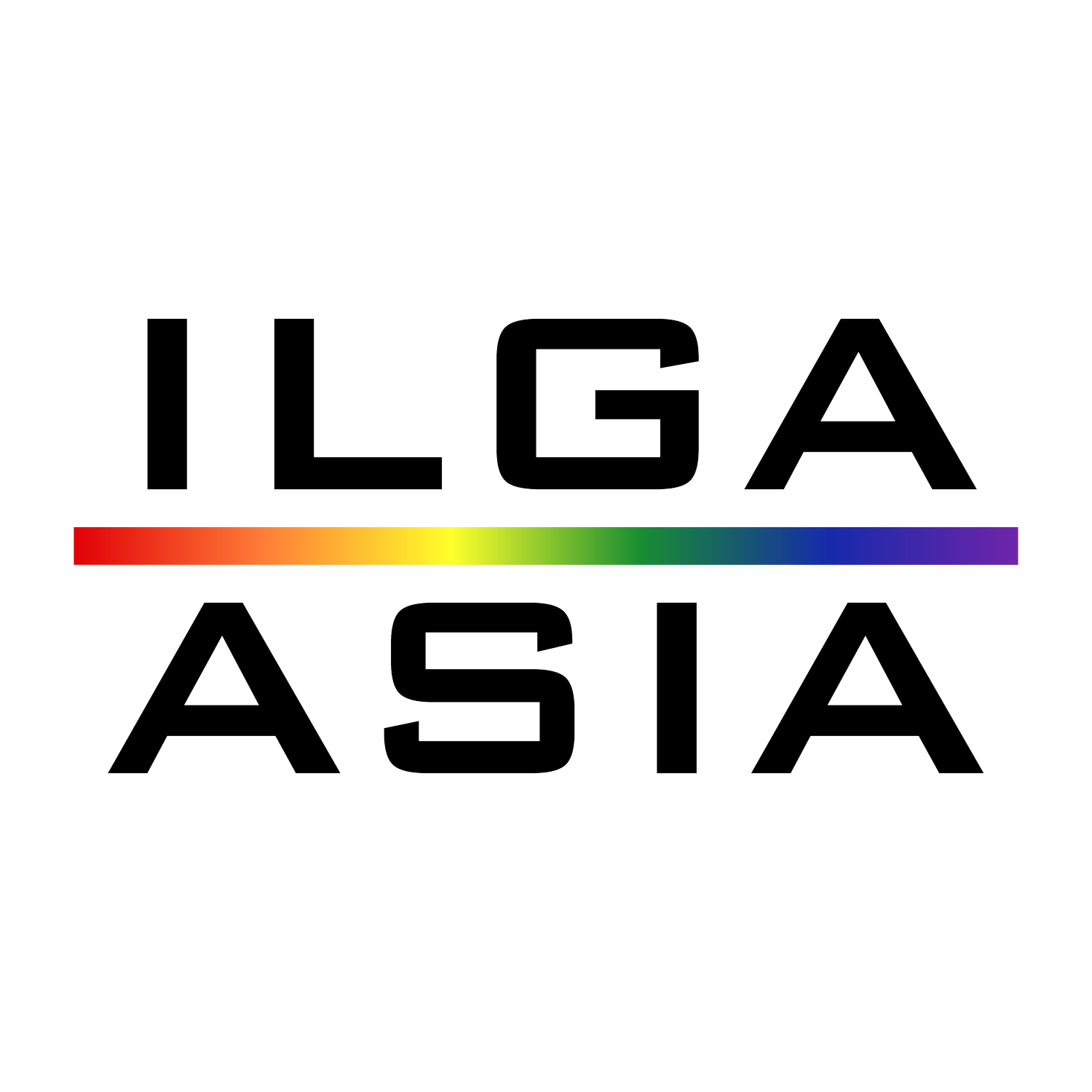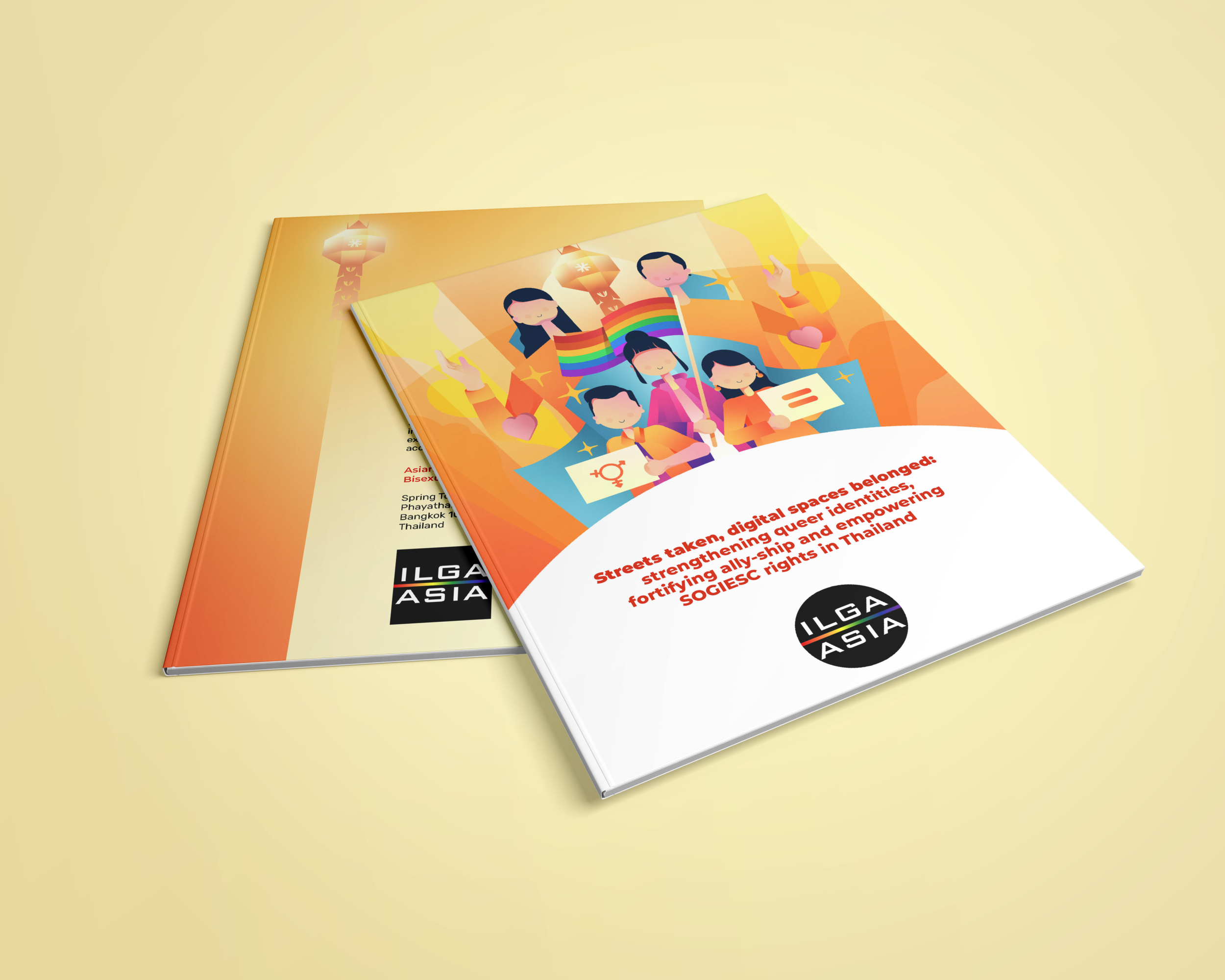Thailand: Streets taken, digital spaces belonged - all in the realms of society, politics and culture
Next in our country report series, we take a closer look on Thailand. In this report, we discover snapshots of LGBTIQ rights in Thailand leading up to marriage equality, legal gender recognition and sex worker’s rights in the midst of a national pro-democracy awakening.
Executive Summary
ILGA Asia’s Thailand Country Review 2020 encompasses human rights situations and a snapshot of LGBTIQ rights in Thailand with a highlight on prominent movements, prioritized issues, key challenges in advocacy, community approaches and common vision, shared by 18 informants with first-hand experience in Thai LGBTIQ activism and advocacy. As the violations of basic human rights continue and civil and political rights are limited, human rights defenders and activists resume efforts towards rights, equality and freedom. Granted rights leave some gaps for further development. The current pro-democracy movement led by youth leaders and activists thrives on a national scale and integrates other social issues, including LGBTIQ rights.
Although LGBTIQ people are socially accepted and the issues are shifting to mainstream political and social narratives, Thailand’s ‘Gay Paradise’ slogan has been criticized due to the lack of legal protection in multiple facets of life. The current and consistent movements to protect and promote LGBTIQ rights in Thailand include marriage equality, legal gender recognition, sex workers’ rights, media sensitization, youth empowerment, visibility of ‘other’ gender and the survival from the COVID-19 pandemic.
One of the major challenges that is collectively noted by advocacy-focused LGBTIQ activists and community-organizers here concerns the conformity of their allies in positions of power – by giving into perceived narratives (assumed by political parties’ ideologies) among the Thai society on the queer community. Most Thai policymakers have the tendency to perceive LGBTIQ people (through observed public statements) as ‘secondary citizens’, resulting in compromised impacts. Leaders of LGBTIQ organizations also noted the lack of robust technical support on the digital or information technology (I.T.) aspects of their core work, where some of them noted the need to improve their digital security (given the current military-led governance and political uncertainties in Thailand) or to enhance their digital data collection system. Subsequently, technical knowledge or support that could be useful for their advocacy work are insufficient, thus slowing down the progress in their knowledge-sharing engagements, while creating gaps in data collection for statistical analyses. Domestic social attitudes towards LGBTIQ people are stereotyped, and media portrayal plays a significant part. There is a need to extend and update the current advocacy. networks and alliances among the LGBTIQ movement in Thailand; by reaching out to engage with new (or non) LGBTIQ community-leaders or organisations. Security and wellbeing of outspoken individuals are threatened at risks. Funding for new initiatives and projects has become highly competitive. In response to these challenges, LGBTIQ communities take strategic approaches to raise public awareness, tell real human stories, consolidate power of the people, seek collaboration and partnership, and bring activism into the cultural realm. Legal reforms, voices at position of power, deconstructed gender binarism, strong intersectional networks, financial sustainability, media sensitization and increased visibility and capacity are among the community vision.



